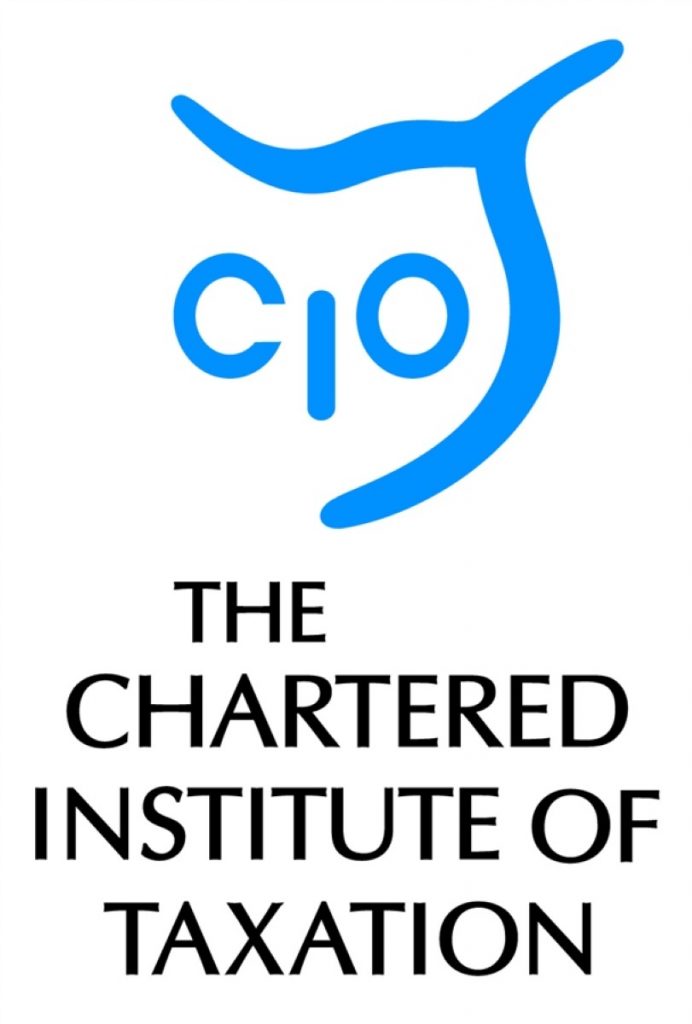CIOT: Captial Gains Tax Changes Impact on Spouses
Changes announced by HM Revenue & Customs (HMRC) to Capital Gains Tax (CGT) are likely to have a significant impact upon everyday tax-planning transactions between spouses. The Targeted Anti-Avoidance Rule (TAAR) was presented in the Pre-Budget Report (PBR) in December 2006. The Budget reaffirmed that the TAAR would be implemented in its original form but published New Guidance on how it would be applied.
The Chartered Institute of Taxation (CIOT) supports the overall policy objective behind the TAAR in terms of stopping unacceptable tax avoidance but does have significant concerns about whether this TAAR actually achieves that objective.
Emma Chamberlain, Chairman of the CIOT’s Capital Taxes Sub-Committee, says: “The CIOT has raised concerns with HMRC that the draft legislation in the PBR did not match the policy objective. In particular, we were concerned that the draft legislation, in effect, gave HMRC unlimited discretion to determine whether or not a particular transaction would be caught. The CIOT asked for HMRC to give examples of acceptable transactions which would not be caught by the TAAR.”
Unfortunately, rather than including additional examples of acceptable transactions, the New Guidance is mainly devoted to additional examples of unacceptable transactions which do not seem consistent with each other.
Emma Chamberlain adds: “The CIOT believes that the problems with the guidance clearly illustrate the danger of giving HMRC too wide a discretion to determine whether a transaction is taxable or not. We continue to call on the Government to implement legislation which is fair, clear and targeted.”





-01.png)